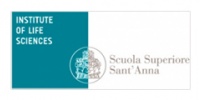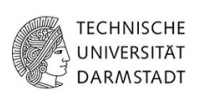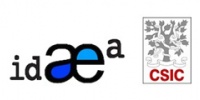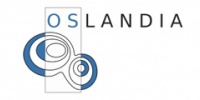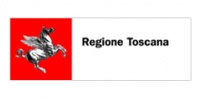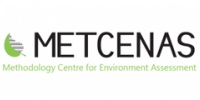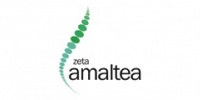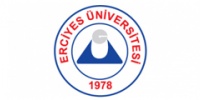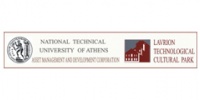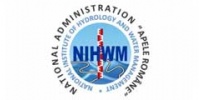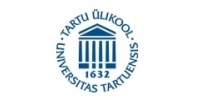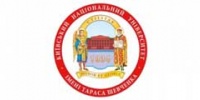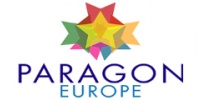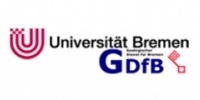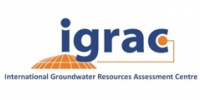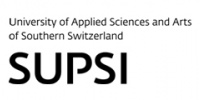 This project has received funding from the European Union’s Horizon 2020 research and innovation programme under grant agreement No 642224
This project has received funding from the European Union’s Horizon 2020 research and innovation programme under grant agreement No 642224
The case study of Gozo Island will aim at tackling an issue of large importance for the Malta country, such as seawater intrusion in exploited groundwater resources. Gozo is the second largest island in the Maltese archipelago and it covers 68.67 km2 and has a population of 31,458. The main source of water used for the municipal supply in the island is the sea level aquifer system, which practically underlies the whole island, with the exception of a small area around the harbour of Mgarr. This sea-level aquifer is also an important source of water for the island’s important agricultural activities. Other aquifers of lower importance are still utilised by the domestic and agricultural sectors through a relatively high number of old hand- dug wells (locally known as spieri). The Gozo Island case study introduces within the FREEWAT set of case study the relevant issue of water management in island environments. The case study to be developed will support the assessment of the quantitative status of the Gozo Mean Sea Level Aquifer system and the development of projections of status assessment in response to future groundwater management and climate change scenarios.


